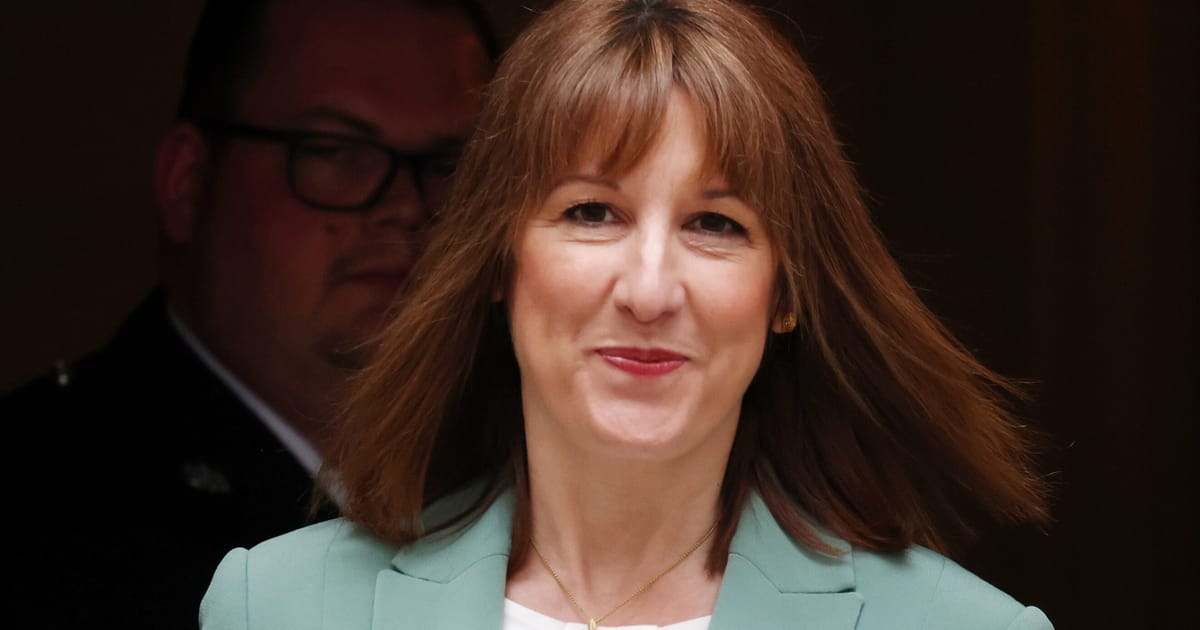

As the global community navigates complex challenges, recent events highlight important developments in economic strategy, international diplomacy, and cooperative defense measures that promise to shape the future. In the United Kingdom, innovative plans are in motion to revitalize London’s stock market, while across the Atlantic, the U.S. solidifies its defense strategies with NATO. Meanwhile, diplomatic efforts in Europe and the Asia-Pacific region underscore the evolving dynamics of international relations.
In a bid to reinvigorate the London stock market, UK policymakers are considering marketing strategies reminiscent of the Thatcher era, which are designed to halt the trend of local companies migrating to more lucrative markets such as the United States. As part of these efforts, there is a strong focus on demonstrating the competitive advantages of listing in London, thus ensuring the city remains a pivotal financial hub on the global stage. This prospective campaign underscores a commitment to strengthening domestic economic structures while supporting businesses in their growth and sustainability.
On another front, the United States recently announced a strategic move to enhance its support for Ukraine through a NATO-coordinated plan. Former President Donald Trump emphasized that the U.S. would be supplying weapons to NATO, which would, in turn, distribute them to Ukraine. This approach signifies a united transatlantic front, reinforcing NATO’s role as a collective defense organization, and showcases a commitment to long-term stability in Eastern Europe amid ongoing tensions with Russia.
Europe witnesses its own set of diplomatic initiatives as the UK anticipates the green light from the European Union regarding a migration deal with France. The scheme, which focuses on managing small-boat crossings in the English Channel, aims to address migration challenges through reciprocal measures. UK Home Secretary Yvette Cooper has expressed confidence that the agreement will be formally ratified, paving the way for a collaborative approach that balances humanitarian responsibilities with border security concerns.
In the Asia-Pacific region, Australia’s Prime Minister Anthony Albanese has taken significant steps to strengthen ties with China. Since assuming office in 2022, Prime Minister Albanese has worked towards easing trade barriers with Beijing, marking a new chapter in their bilateral relationship. The most recent meeting with President Xi Jinping signifies continued efforts to promote mutual economic benefits and regional stability through dialogue and cooperation.
These developments underpin a broader narrative of strategic collaboration and proactive policymaking across various global arenas. Each initiative, from economic revitalization and military cooperation to migration management and diplomatic engagement, illustrates a commitment to creating sustainable solutions in a rapidly changing world. As nations navigate these interconnected challenges, the emphasis on partnership and innovation remains at the forefront of efforts to forge pathways toward peace, prosperity, and resilience.
Source: {link}
